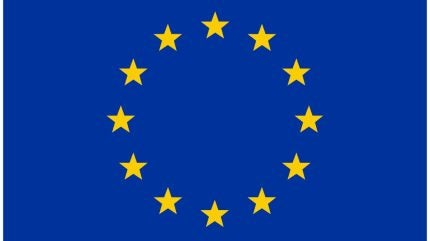
Russia’s use of a so-called ‘shadow fleet’ of oil and natural gas tankers is significantly helping its efforts to evade EU sanctions on maritime oil trade.
According to David O’Sullivan, the EU’s Special Representative for Sanctions, who spoke at a roundtable at the Centre for European Policy in Brussels, the continuing operation of a shadow fleet is a major contributing factor aiding Russia’s continuing transportation and sale of hydrocarbons.

Discover B2B Marketing That Performs
Combine business intelligence and editorial excellence to reach engaged professionals across 36 leading media platforms.
According to several media reports, the senior official indicated that the EU is contemplating expanding its sanctions regime against Russia to encompass the foreign subsidiaries of European companies.
This move aims to impede the flow of sensitive goods to the country’s military capabilities.
“A lot of the product going through China [to Russia] is coming from subsidiaries of Western companies in Southeast Asia,” said O’Sullivan.
“We are focusing our efforts more on trying to stop the transshipment from there through to China,” as reported by the Financial Times.

US Tariffs are shifting - will you react or anticipate?
Don’t let policy changes catch you off guard. Stay proactive with real-time data and expert analysis.
By GlobalDataOn Wednesday, the EU’s sanctions representative stated that the new priority is to investigate financial institutions that support the movement of goods to Russia’s battlefields and the transportation of goods manufactured in South East Asia by subsidiaries of Western companies.
O’Sullivan added: “We are looking at which financial institutions are funding the shipments of battlefield products to Russia [and] the US has done this to great effect. We are starting to collect the information and compare notes,” according to a US media outlet.
He also mentioned that the EU is primarily concerned about the shadow fleet, which involves many vessels used to bypass the cap on oil prices. These vessels are typically in poor condition and the EU lacks data on whether they are insured.
Despite this, they still travel the open sea transporting oil.
O’Sullivan added that the EU’s initial action involves collaborating with maritime organisations to increase countries’ awareness of such risks.
The EU is working to identify and designate small front companies involved in Russia’s shadow oil schemes for sanctions lists. Approximately 300 such companies were established within the first month of Russia’s full-scale invasion of Ukraine.
Since 2022, the EU has enforced extensive sanctions on Russia due to its complete invasion of Ukraine. Additionally, this month, the UK has placed sanctions on ten vessels that it alleges are part of Vladimir Putin’s shadow fleet to reduce Russia’s income as the military conflict with Ukraine continues.
Russia’s extensive fleet comprises often unseaworthy and old tankers transporting Russian gas and oil products globally. The country heavily depends on oil exports as the main funding source for the war in Ukraine, accounting for around 25% of the Russian budget in 2023.





